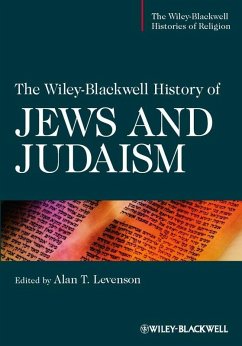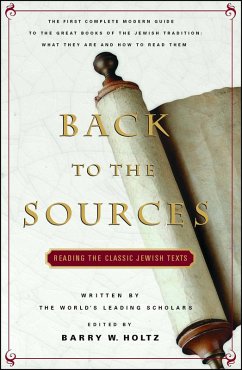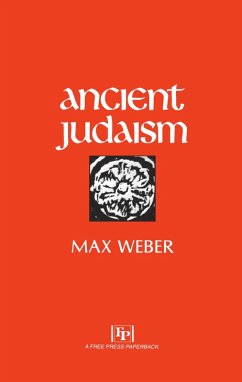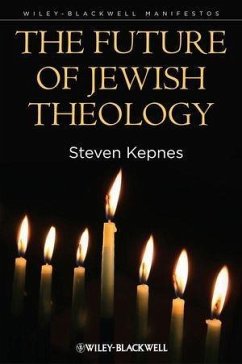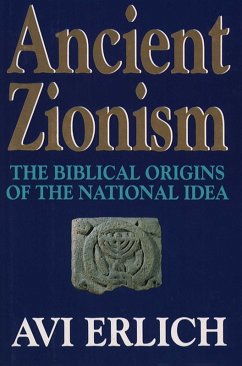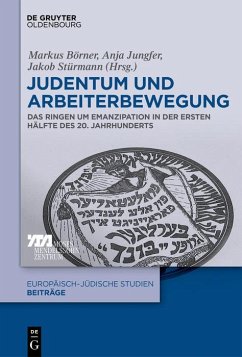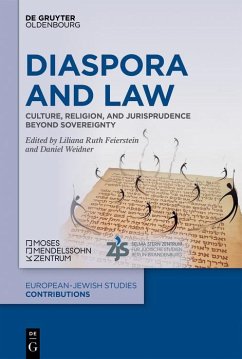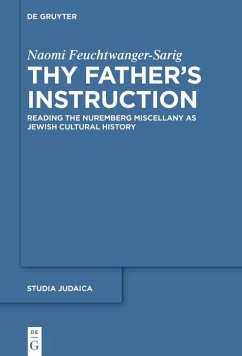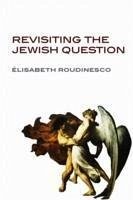
Revisiting the Jewish Question (eBook, ePUB)

PAYBACK Punkte
0 °P sammeln!
What does it mean to be Jewish? What is an anti-Semite? Why does the enigmatic identity of the men who founded the first monotheistic religion arouse such passions? We need to return to the Jewish question. We need, first, to distinguish between the anti-Judaism of medieval times, which persecuted the Jews, and the anti-Judaism of the Enlightenment, which emancipated them while being critical of their religion. It is a mistake to confuse the two and see everyone from Voltaire to Hitler as anti-Semitic in the same way. Then we need to focus on the development of anti-Semitism in Europe, especia...
What does it mean to be Jewish? What is an anti-Semite? Why does the enigmatic identity of the men who founded the first monotheistic religion arouse such passions? We need to return to the Jewish question. We need, first, to distinguish between the anti-Judaism of medieval times, which persecuted the Jews, and the anti-Judaism of the Enlightenment, which emancipated them while being critical of their religion. It is a mistake to confuse the two and see everyone from Voltaire to Hitler as anti-Semitic in the same way. Then we need to focus on the development of anti-Semitism in Europe, especially Vienna and Paris, where the Zionist idea was born. Finally, we need to investigate the reception of Zionism both in the Arab countries and within the Diaspora. Re-examining the Jewish question in the light of these distinctions and investigations, Roudinesco shows that there is a permanent tension between the figures of the 'universal Jew' and the 'territorial Jew'. Freud and Jung split partly over this issue, which gained added intensity after the creation of the State of Israel in 1948 and the Eichmann trial in 1961. Finally, Roudinesco turns to the Holocaust deniers, who started to suggest that the Jews had invented the genocide that befell their people, and to the increasing number of intellectual and literary figures who have been accused of anti-Semitism. This thorough re-examination of the Jewish question will be of interest to students and scholars of modern history and contemporary thought and to a wide readership interested in anti-Semitism and the history of the Jews.
Dieser Download kann aus rechtlichen Gründen nur mit Rechnungsadresse in D ausgeliefert werden.



